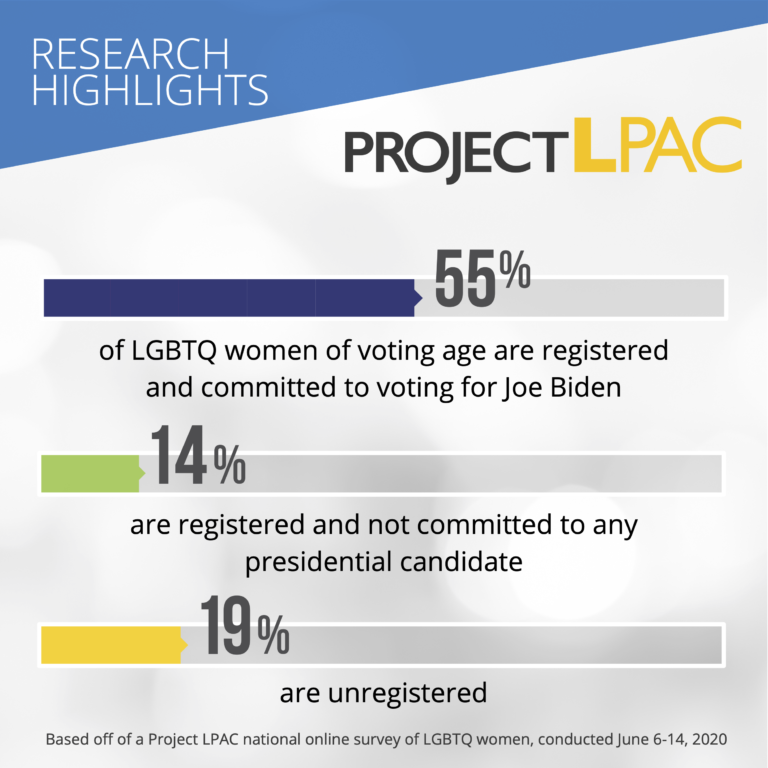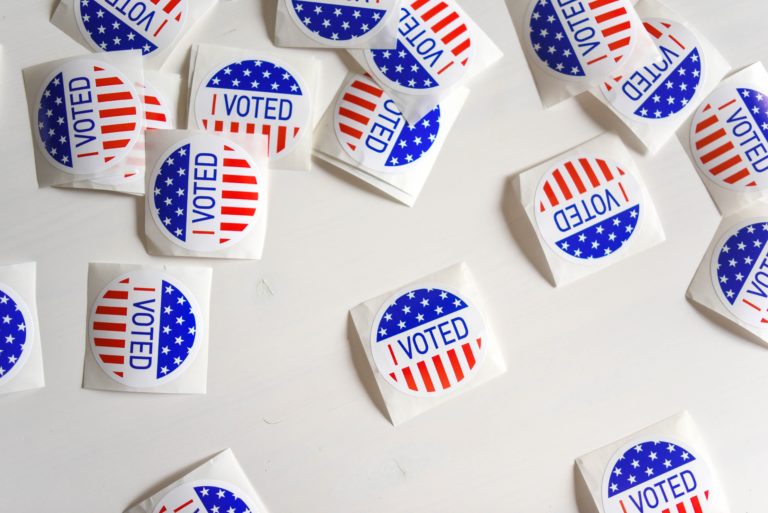2020 is already a record-breaking year for Republican women. More than 200 GOP women have…
What We Know—and Don’t Know—about Women Voters in 2020

In 1996 it was all about “soccer moms.” Then it was “security moms,” and of course in 2008, Sarah Palin and her “hockey moms.” In the leadup to November, “suburban women” have been the buzziest voter category in the political sphere. Pollsters are looking closely at gender differences to see which way women will vote between the Joe Biden/Kamala Harris and Donald Trump/Mike Pence tickets.
We know that women are not a monolithic voting bloc, and that polls can shift. As of reporting this week, though, Biden/Harris leads Trump/Pence with women voters by 23 points (58% to 35%) according to the New York Times. And the Democratic ticket is leading among white women specifically by 52% to 43%.
The Brookings Institute weighed in the factors that are currently giving Biden an edge. Using data from a Pew Research poll, Brookings makes an interesting conclusion: it isn’t women voters who are powering a shift from Trump to Biden (as many political observers may assume, given the Women’s March and a belief that Trump alienates women voters). Instead, the shift is due to male voters who are supporting Biden in higher numbers than Clinton achieved. As William Galston wrote for Brookings, “When we look back at these two races, the key point may not be women’s disaffection from Trump in 2020, but rather men’s antipathy to Hillary Clinton in 2016.”
In this vein, a number of voters who did not support Hillary Clinton in 2016 but now support Joe Biden shared what had shifted for them over the last four years, as reported in the New York Times by Lisa Lerer and Reid J. Epstein. Those interviewed cited a number of factors for their support shift in 2020, from identifying more with Joe Biden, to a dislike for Bill Clinton and allegations of Secretary Clinton being a “fraud.” We know from Barbara Lee Family Foundation research that the highly subjective concept of “likeability” is a non-negotiable for women candidates such as Hillary Clinton. In other words, voters must find a woman likeable (a calculus which is connected to a woman’s style, appearance, demeanor, confidence, and a number of other factors) in order to vote for her, though the same is not true of male candidates. That constraint, as well as the higher scrutiny voters give to the qualifications of women candidates, could be a factor in the change of support to Biden.
With many cities and towns already in the midst of voting, President Trump has made his thoughts on the preferences of women voters known. “So can I ask you to do me a favor, suburban women? Will you please like me? Please. Please,” the President said at a recent campaign event. How women will vote is clearly on the President’s mind, and only the results of the polls after Election Day will show what decisions they made on the ballot this year.






